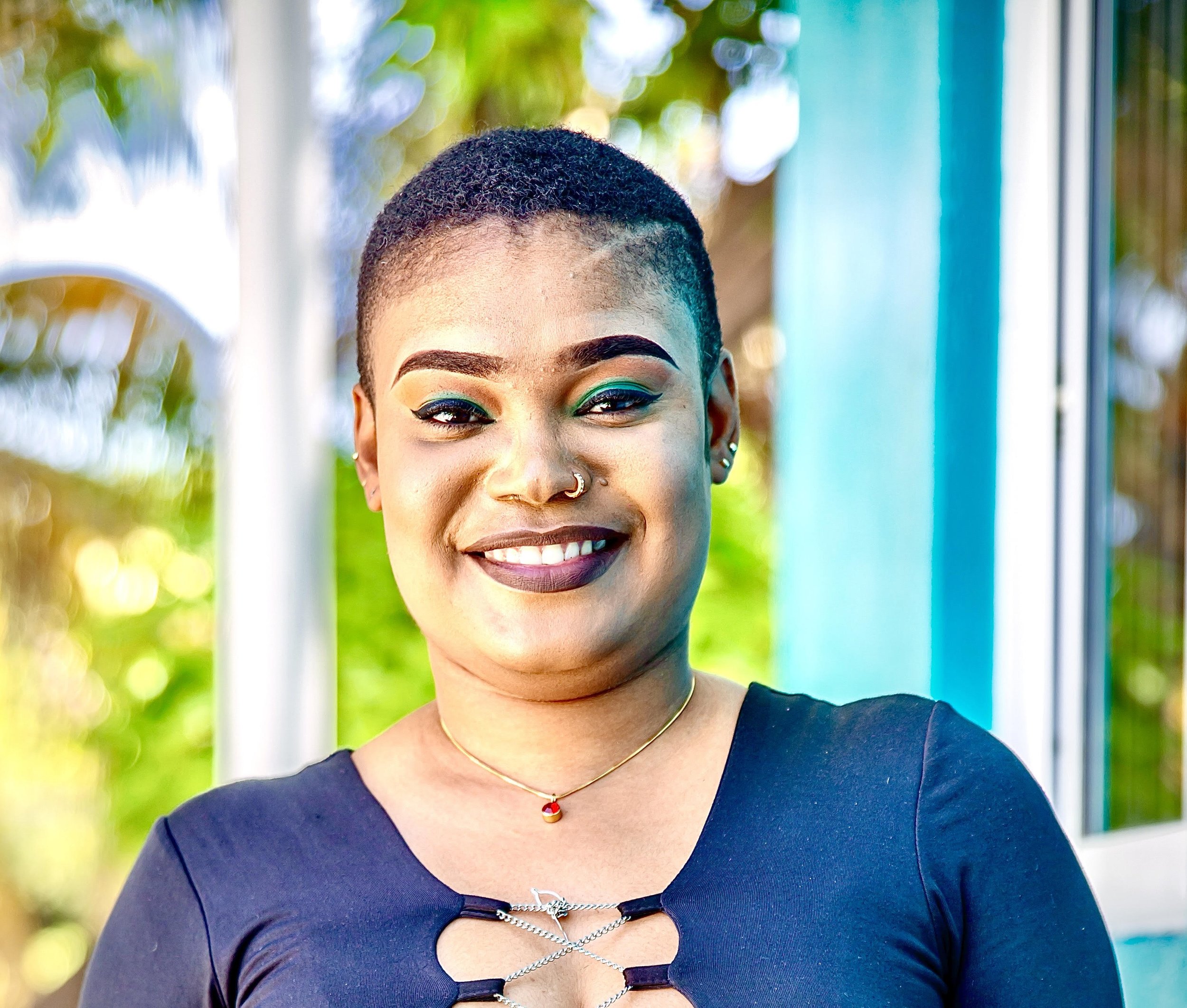Discovering Aljany, Pt. 6: Fear in the Belly
For years now – since the Tèt Kale party came to power, exacerbated by the assassination of President Jovenel Moïse, thrown into complete disarray amid a fuel crisis and soaring inflation – Haiti has been caught in a vicious cycle of extreme violence. Heavily armed gangs rule the streets of Port-au-Prince.
Murder, kidnapping, extortion, and rape are the order of the day, and it's in the midst of this enormous insecurity that I go to work every day.
Last year, I worked as a journalist for Zanmi Lasante/Partners In Health, based in Santo, in the commune of Croix-des-Bouquets, one of the districts run by the "400 Mawozo" gang. My mission was to collect stories from the beneficiaries of the organization's healthcare services at the Mirebalais University Hospital.
The car journey to and from Mirebalais terrified me enormously. I was afraid of being kidnapped, but I was even more afraid of being raped, as is the case for most kidnapped women in Haiti. Every time I had to go to Mirebalais, I prepared myself physically and mentally. I purposely wore loose-fitting clothes so that if I were held captive for a few days, I would feel more comfortable.
This situation is becoming normalized for all those who have to go to work every day in Port-au-Prince. There's not a day that goes by when you don't hear gunfire in one neighborhood or another. As soon as there's shooting, you hide, and then quickly go back to normal life. “Normal life” in Port-au-Prince also means not being able to safely go home at night, so you always have a backup plan regarding where to sleep. “Normal life” in Port-au-Prince means always having clean clothes in your bag, in case you can't get home. You have to adapt to the situation. There's nothing normal about it, but that's the way it is.
Firefighters at work in Port-au-Prince. Photo provided by the author.
I remember that on July 6, 2018, the Haitian government announced an increase in the price of petroleum products. Within hours and despite backpedaling, there were protests. As I was trying to get home from work that day, I came across roadblocks manned by local residents. Since these were people I knew, I tried to drive my car through, but they immediately surrounded my car with rubber and tree trunks to set it on fire with me inside. I was so scared that I didn't try to get out of the car.
I was stuck behind the wheel for a good ten minutes before someone who knew my parents came to reason with them and let me go. I didn't even realize what was happening. I see the people who tried to burn me alive in my car every day on my way to work. They live in my neighborhood. I know these people. I even grew up with some of them.
The desire to escape
Haiti is facing a political and security impasse against a backdrop of economic recession. Since 2018, gangs have gradually closed their grip on Port-au-Prince, and now they extend their influence to northern areas we consider the country's breadbasket, at a time when almost half the population is going hungry. Growing insecurity continues to drive thousands of people from their homes and paralyze the operation of basic services.
On top of this, in recent years, countless Haitians have left the country. Most young people I meet in Port-au-Prince share the desire to escape. To be honest, I've been thinking about leaving for a long time. But I still can't bring myself to do it. I don't know what's holding me back, but I very much share the desire of young people in Haiti to leave in search of a safer home – what feels like the search for El Dorado.
Since the announcement of U.S. President Biden's "Humanitarian Parole" program, the immigration office’s lobby has become a battlefield. Hundreds (if not thousands) of people line up every day. The young, the old, pregnant women, people with disabilities – they all clash and jostle to obtain a passport as quickly as possible.
But we know that not everyone can leave the country. Some will have to fight, keep hope alive, and commit themselves to changing the story of Haiti, the world's first Black republic and our home.
Read the series!
Part Three: The Long-Awaited Meeting
Part Seven: How Can You Be a Journalist Here?
Discover more!
About the Author
Aljany Narcius
Haitian journalist Aljany Narcius is currently pursuing a Master 2 in Media Management, online from France’s University of Lille. With ten years of experience in the fields of journalism and communication, Aljany is a linguist who uses the Creole language as her weapon in the fight against social inequalities, exploitation, and all kinds of violence.



